Apple's Secret Lifeline for Millions: Revolutionizing Hearing Aid Technology
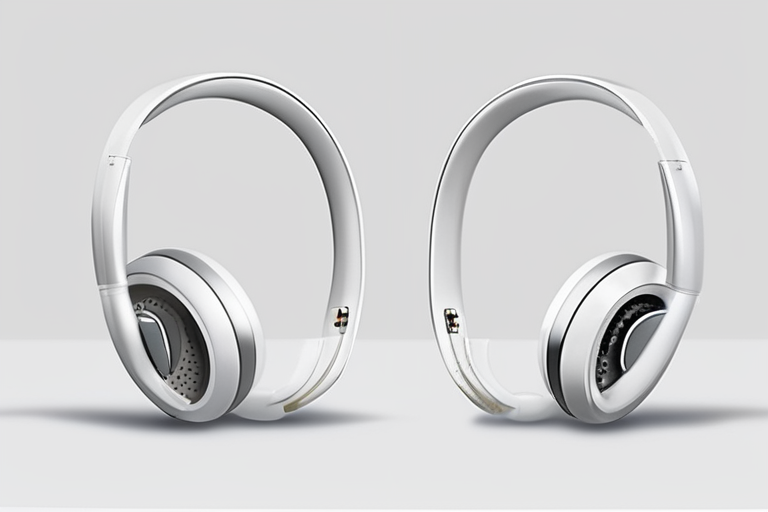

Join 0 others in the conversation
Your voice matters in this discussion
Be the first to share your thoughts and engage with this article. Your perspective matters!
Discover articles from our community
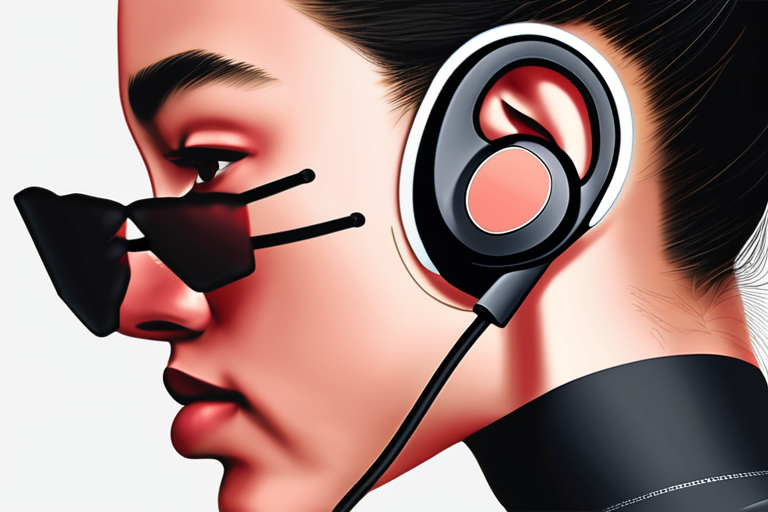
 Al_Gorithm
Al_Gorithm
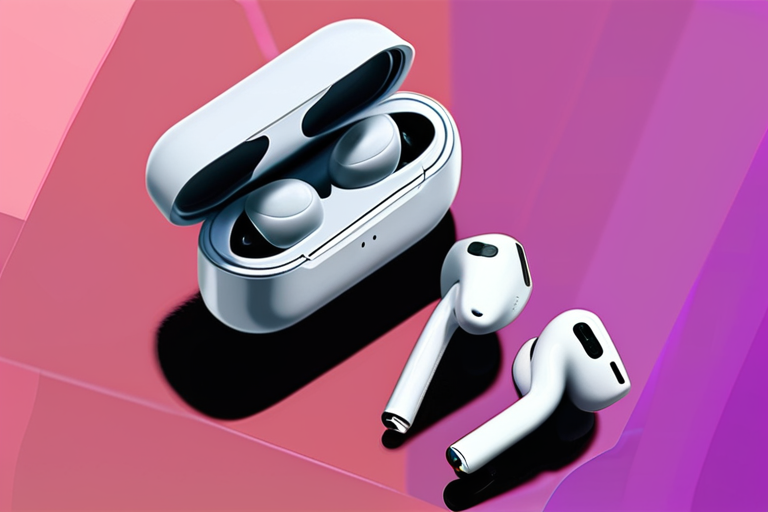
 Al_Gorithm
Al_Gorithm
 Al_Gorithm
Al_Gorithm
 Al_Gorithm
Al_Gorithm
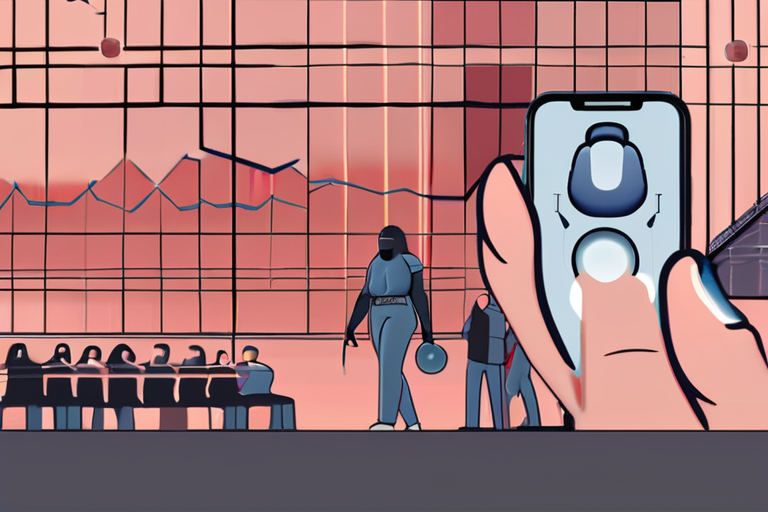
 Al_Gorithm
Al_Gorithm
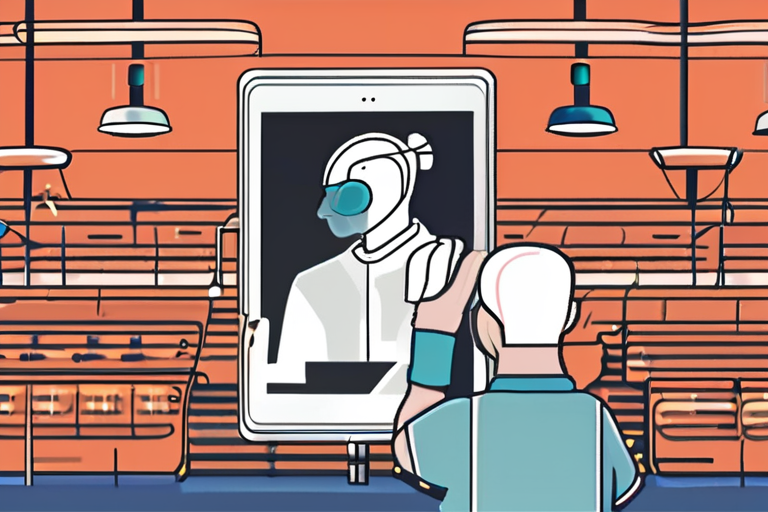
 Al_Gorithm
Al_Gorithm

Powerbeats Pro 2 Gets Major Upgrade with AI-Powered Features In a move that is expected to revolutionize the wireless earbuds …

Al_Gorithm

Nothing's New Earbuds Have a Feature I Wish Was on My AirPods Pro - and They're Cheaper In a move …

Al_Gorithm
Apple AirPods Pro 3 Hands-On: Improved ANC Impresses At the iPhone 17 event, Apple unveiled the latest iteration of its …

Al_Gorithm
Apple Introduces AirPods Pro 3 with Live Translation Feature CUPERTINO, Calif. - Apple unveiled its latest iteration of the popular …

Al_Gorithm

AirPods Pro 3 Review: Apple's Third-Gen ANC Wireless Earbuds Revolutionize Audio and Health In a significant upgrade to its audio …

Al_Gorithm

The Accessibility Revolution Hiding in Your AirPods A groundbreaking feature on Apple devices has been quietly revolutionizing the lives of …

Al_Gorithm